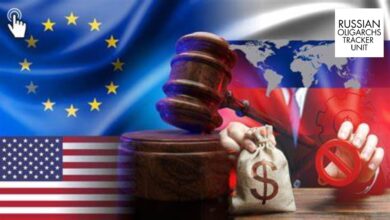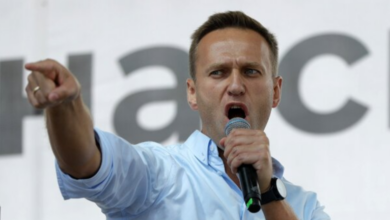Russia’s opposition leaders: Where are they now in the Ukraine war?
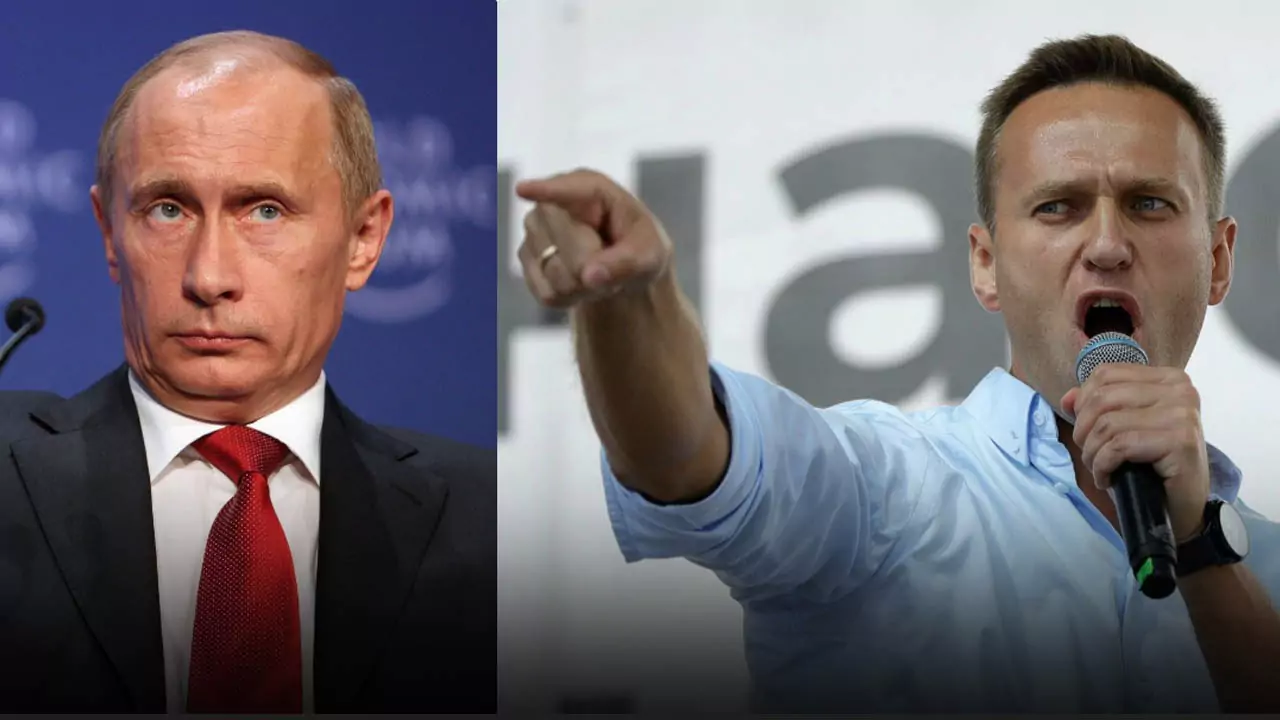
Today, President Vladimir Putin dominates Russia essentially without opposition. While other opponents have been imprisoned or, in certain cases, killed, many of the critical voices who once spoke out have since been forced into exile.
By the time he launched his full-scale invasion of Ukraine in February 2022, Russia’s opposition had been virtually destroyed by over two decades of putting an end to dissent.
Russia’s wealthy and ambitious oligarchs were subdued by President Putin early on in his administration.
After funding opposition parties, Mikhail Khodorkovsky, the former head of the Russian oil giant Yukos, was arrested in 2003 and sentenced to ten years in prison for theft and tax evasion. After being freed, he departed Russia.
Another oligarch, Boris Berezovsky, who even assisted Putin in gaining power, later had a falling out with him and allegedly committed suicide in 2013 while living in exile in the United Kingdom.
All of Russia’s major media outlets either adhered to official Kremlin positions or progressively came under state control.
Navalny, Alexei
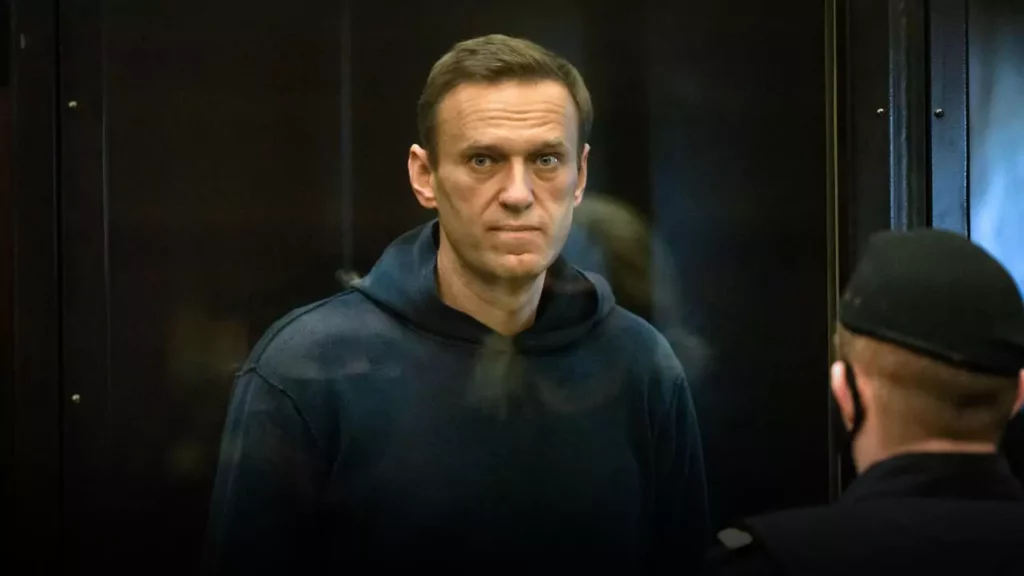
Alexei Navalny, currently the most well-known opposition figure in Russia, has accused Putin, who is currently serving a jail sentence, of wanting to vilify hundreds of thousands of people through his “criminal, aggressive” war.
While visiting Siberia in August 2020, Navalny was exposed to the military-grade nerve agent Novichok. He had to be airlifted to Germany for medical attention after the attack almost killed him.
Opposition demonstrators were momentarily sparked by his return to Russia in January 2021, but he was detained right away on charges of fraud and contempt of court. He was the subject of an Oscar-winning documentary and is currently serving a nine-year prison sentence.
Navalny actively participated in large-scale anti-government demonstrations in the 2010s, and his primary political organization, the Anti-Corruption Foundation (FBK), has produced numerous exposés that have received millions of views on the internet. The foundation was banned in 2021 because it was considered extremist, and Navalny has consistently denied any political motivation behind charges of corruption.
Many of his associates, including former FBK head Ivan Zhdanov, former top FBK lawyer Lyubov Sobol, and most, if not all, of the heads of Navalny’s extended network of offices across Russia, have faced pressure from security services, and some have fled abroad.
Leonid Volkov, Navalny’s right-hand man, fled Russia in 2019 after a money laundering investigation was initiated against him.
Against the Russia war
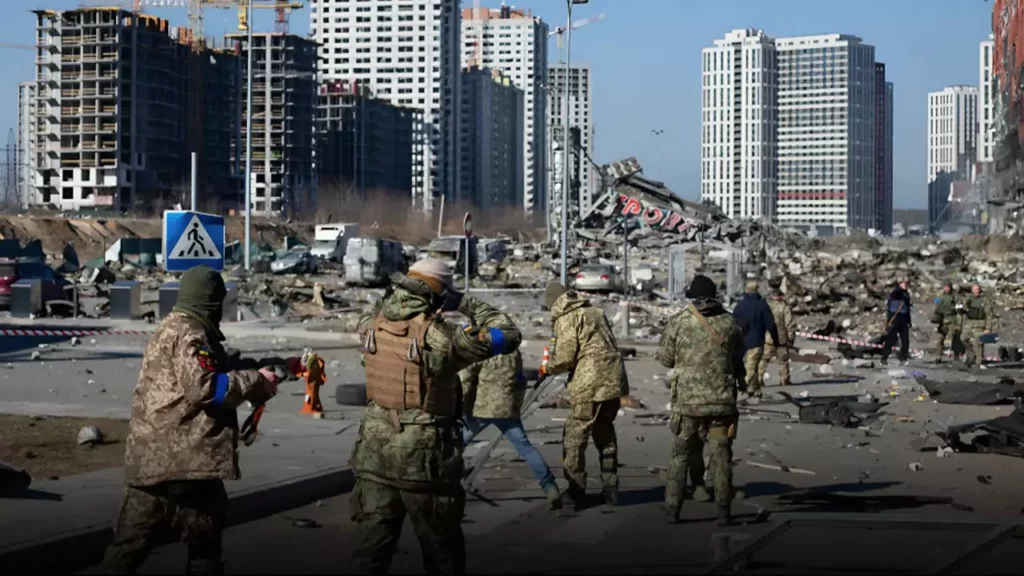
Ilya Yashin, a prominent opponent of Putin who is incarcerated in Russia, has been vocal in his criticism of Russia’s war. He referred to President Putin as “the worst butcher in this war” and called for an inquiry into potential war crimes committed by Russian forces during a live YouTube stream in April 2022.
Due to his live stream, he was sentenced to eight and a half years in prison for disseminating “deliberately false information” about the Russian army, which is against the law. The law was hurriedly passed by parliament on February 24, 2022, just after Russia invaded Ukraine.
At the age of seventeen, Yashin entered politics in 2000, the year Putin took office.
He was elected head of the Moscow Krasnoselsky district council in 2017 following years of opposition activism, and he kept up his criticism of the Kremlin there.
Due to his active participation in protests against the authorities’ refusal to register independent and opposition-minded candidates for the Moscow city council, he was imprisoned for more than a month in 2019.
Journalist and activist Vladimir Kara-Murza, who attended Cambridge University, was twice the victim of an unexplained poisoning that rendered him unconscious: first in 2015 and again in 2017. After criticizing the Russian invasion of Ukraine, he was detained in April 2022 and accused of high treason, organizing the activities of a “undesirable organization,” and disseminating “fake news” about the Russian military. On April 17, 2023, he was given a sentence of 25 years in prison.
He has written multiple pieces attacking Putin for reputable Russian and international publications. In 2011, he spearheaded opposition efforts to get Western sanctions against Russia’s violators of human rights adopted.
These sanctions, known as the Magnitsky acts, were imposed by many Western nations in honor of whistleblower Sergei Magnitsky, who passed away in a Russian prison in 2009 while exposing official fraud.
Defending Democracy
Mikhail Khodorkovsky, the fugitive ex-oligarch, founded Open Russia, a prominent pro-democracy organization, of which Kara-Murza was deputy chairman. It was deemed “undesirable” by the Russian government and was eventually shut down in 2021. Andrei Pivovarov, the head of Open Russia, is incarcerated for four years after being charged with belonging to a “undesirable organisation”.
Unlike his close friend and influential Russian opposition leader Boris Nemtsov, Kara-Murza may be serving a lengthy prison term, but at least he is still alive.
Nemtsov held positions as the governor of the Nizhny Novgorod region, the minister of energy, the deputy prime minister, and he was elected to the Russian parliament prior to the Putin administration. Subsequently, he started speaking out more against the Kremlin, publishing several studies that were critical of Vladimir Putin and organizing multiple protests against him.
Nemtsov was shot four times on February 27, 2015, while crossing a bridge outside the Kremlin, just hours after he had called for support for a march against Russia’s 2014 invasion of Ukraine.
Although five men of Chechen descent were found guilty of Nemtsov’s murder, it is still unclear who gave the order or why. Seven years after his death, an investigation turned up evidence that a government agent connected to a covert assassination squad had been tracking Nemtsov throughout Russia in the months prior to his murder.
Just a few of the Russians targeted for dissent are these prominent opposition figures.
Independent media in Russia has faced additional threats and restrictions ever since Russia began its full-scale invasion of Ukraine last year. The news website Meduza, which had already left Russia, has joined TV Rain, which was forced to relocate overseas. Although it is still located in Moscow, Novaya Gazeta no longer publishes newspapers. Authorities shut down other radio stations, such as the talk show Echo of Moscow.
Many pundits have fled, including longtime journalist Alexander Nevzorov, who was labeled a “foreign agent” in Russia and given an eight-year prison term in absentia for disseminating “fakes” against the Russian army.
However, you can still be targeted even if your audience isn’t millions of people. A math student who ran an anti-war Telegram channel, Dmitry Ivanov, was sentenced to eight and a half years in prison in March 2023—also for disseminating “fakes” about the army.
Alexei Moskalev, a single parent, was sentenced to two years in prison for dissent on social media after his 13-year-old daughter’s anti-war drawing at school prompted an investigation.
Vladimir Putin had to wait more than twenty years to make sure he had no strong rivals who could overthrow him. If it was his intention, it has succeeded.




